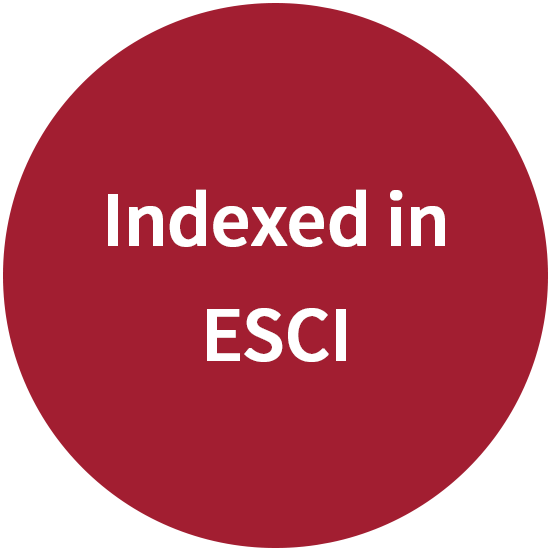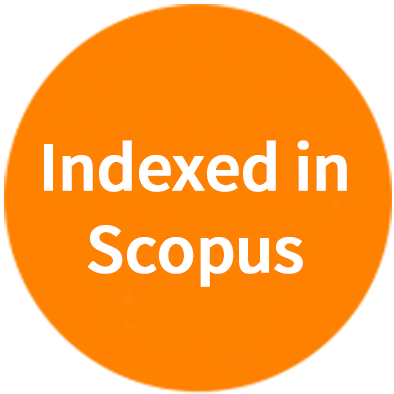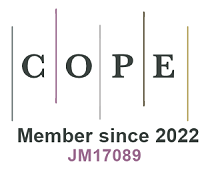Evidence evaluation in rare disease guidelines: a methodological perspective
Abstract
This paper examines the methodological challenges of developing rare disease (RD) clinical guidelines and compares the standard GRADE approach with an enhanced methodology tailored to RD constraints. Drawing on ERN working groups, case studies, literature, and discussions from a EURORDIS webinar (April 2024), it identifies strategies to produce evidence-informed recommendations despite limited and heterogeneous data. The enhanced GRADE framework broadens search strategies, integrates qualitative synthesis, real-world evidence, and structured expert/patient input, and uses consensus methods such as Delphi processes and evidence-to-decision frameworks. This enables guideline developers to address sparse data, non-traditional research questions, and variable outcomes while maintaining transparency. For rare diseases, where conventional hierarchies of evidence are often unworkable, this adapted approach provides a flexible, pragmatic, and inclusive pathway. By leveraging registries, expert consensus, and tailored evidence integration, it supports robust, context-sensitive guidelines that remain clinically relevant and improve care for underserved patients.
Keywords
Rare diseases, clinical guidelines, evidence synthesis, methodology
Cite This Article
Bolz-Johnson M, Kenny T, Gaasterland C, Omar MI, Engels M, van Eeghen A, den Uijl I, Irvine W. Evidence evaluation in rare disease guidelines: a methodological perspective. Rare Dis Orphan Drugs J 2025;4:[Accept]. http://dx.doi.org/10.20517/rdodj.2025.29












